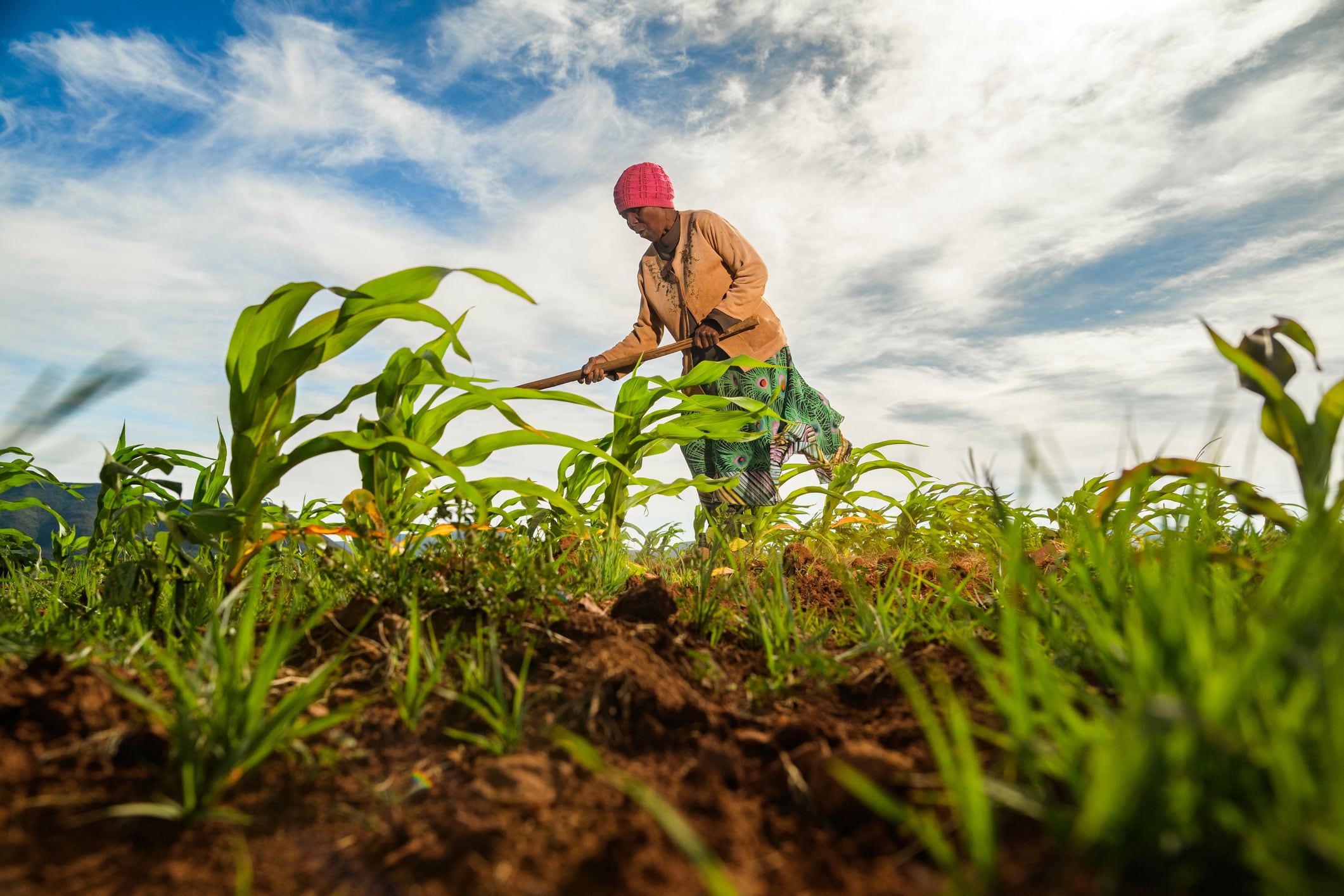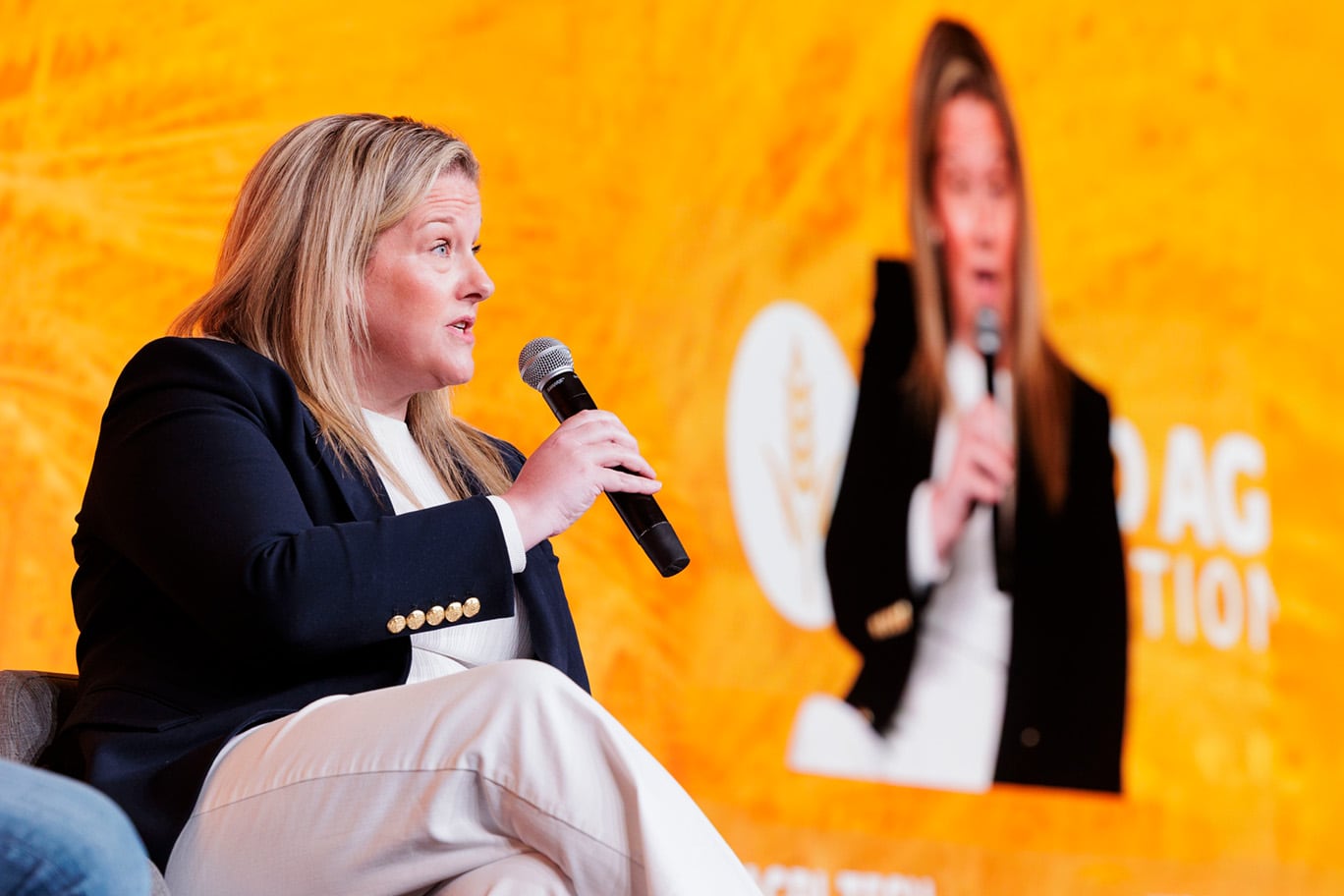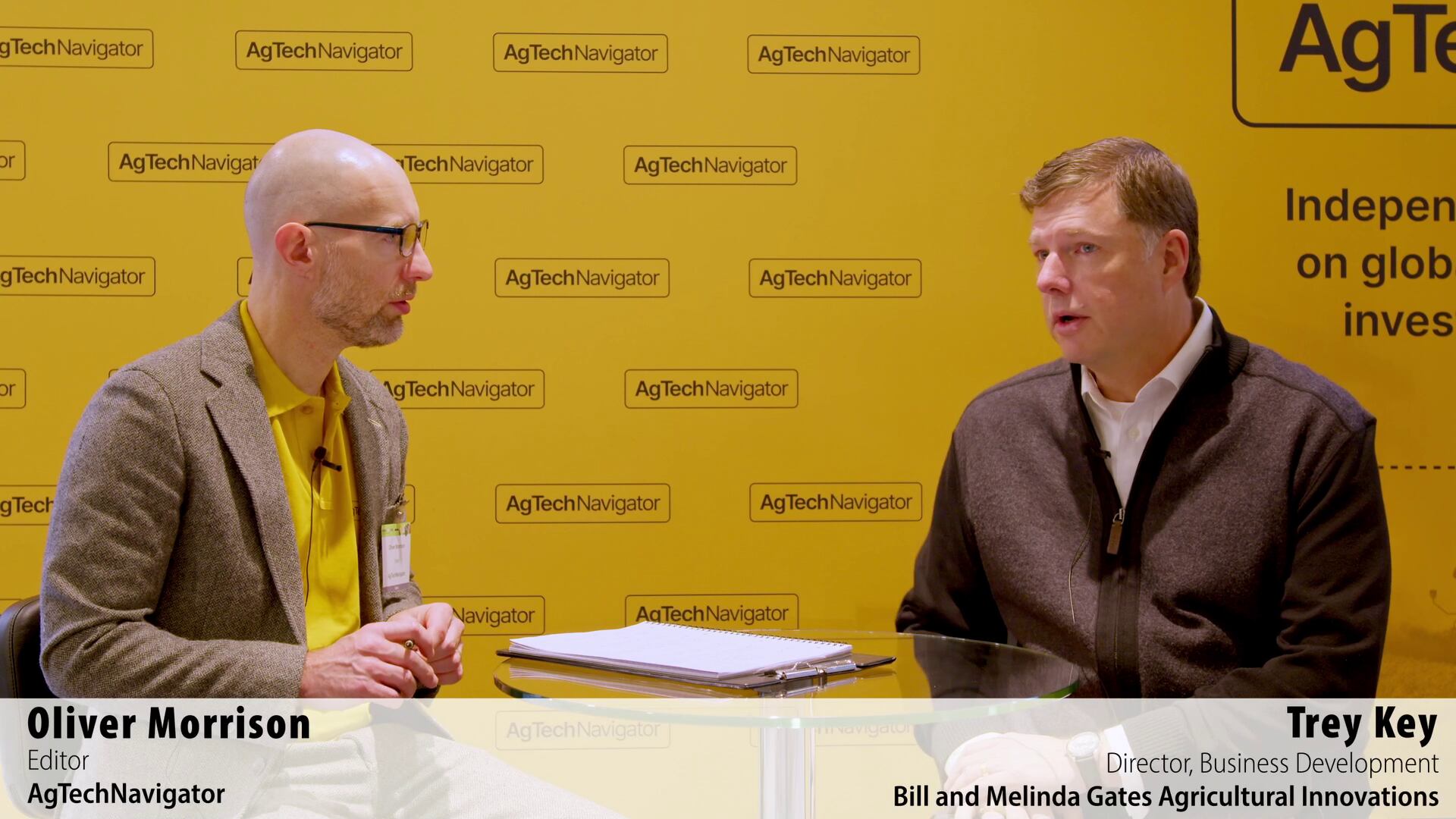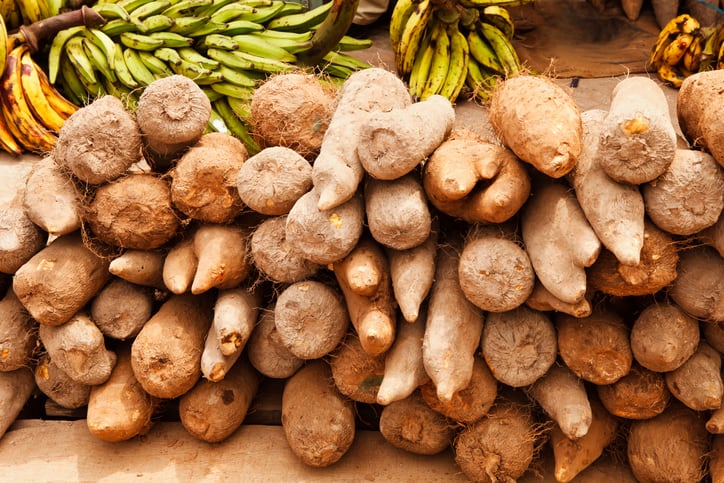The cost of failing to transform agriculture in the next two decades was set out recently by more than 150 Nobel and World Food Prize Laureates. They warned of reaching a hunger tipping point by mid-century that would result in an even more food insecure, unstable world than exists today.
The Laureates called for an urgent acceleration of “moonshot” agricultural research and development to drive “substantial, not just incremental, leaps in food production for food and nutrition security.” Part of this will depend on accelerating public investment into research programmes to make up the ground lost in recent years.
Philanthropy can drive forward innovation
But the private sector and business has also long played a fundamental role in advancing global agrifood systems, from independent smallholder farmers to multinational companies. And given today’s challenges, it is even more important for industry and philanthropy to fill the breach to drive forward innovation.
Gatherings like the recent World Agri-Tech Innovation Summit offer tremendous opportunity. The event brings together executives from companies and organisations doing incredible work to advance sustainable agriculture, from cutting-edge robotics to biotech start-ups.
And meetings like these are breeding grounds for exciting new partnerships and collaborations that take agricultural transformation to the next level.

Forging partnerships across sectors, whether public, private or third, offers the chance to compound the strengths of each for maximum impact, driving progress at a faster pace than would be possible alone.
The private sector, for example, can typically mobilise investments quickly and at scale. To take just one sub-sector, seed companies typically invest between 15 and 25% of their annual turnover into research and development to breed new, more resilient and productive varieties of important crops. This amounts to as much as $25 billion a year for seed innovation alone.
The private sector also carried out more than 52% of crop science research in developed countries in 2011, compared to 42% in 1980.
It is particularly critical that collaborations span multiple time horizons – near, mid and long-term – which would span the terms of individual administrations, offering a degree of stability and continuity.
The need to de-risk innovation
The third sector, including philanthropy, can also be more agile and channel resources into higher-risk research and innovation for the public good, such as improving staple crops that are essential to global food security but may not be as financially compelling for the private sector.
Our two organisations both play a facilitating role in this regard. The World Food Prize Foundation upholds the extraordinary legacy of pioneering crop breeder Norman Borlaug to inspire agricultural innovation around the world through initiatives like the newly launched Innovate for Impact Challenge.
The Foundation also convenes global leaders and experts at the annual Borlaug Dialogue in October to share best practices and strike new partnerships.
Meanwhile, Gates Agricultural Innovations, or Gates Ag One for short, while much younger, has already made progress in fostering an international network of partners from industry and academia.
Acting as an agricultural innovation accelerator, Gates Ag One invests in local partnerships and research projects –including with in-country experts – to support the development of breakthrough discoveries into products that stand to benefit smallholder farmers in sub-Saharan Africa and South Asia.
Recognising the powerful potential of combining the capabilities of businesses, universities and research institutions, Gates Ag One’s partners cut across public and private sectors.
The skills of many are needed
No single sector can tackle global hunger alone. And food insecurity is not a challenge that can be ignored or deferred. In an uncertain world, the centrality of agricultural innovation to sustainable development remains absolute and requires the skills and talents of many.
To those working in the agricultural technology sector, we say this: your mission has never been more important. We encourage you to take pride in your contribution to agricultural innovation, and to embrace new opportunities to collaborate in different ways and with different partners.
Faced with new and changing circumstances in which to tackle a longstanding challenge like global food insecurity, the agtech sector must be bold, creative and nimble. Innovation through collaboration must be our north star if we are to realise this agricultural moonshot.




